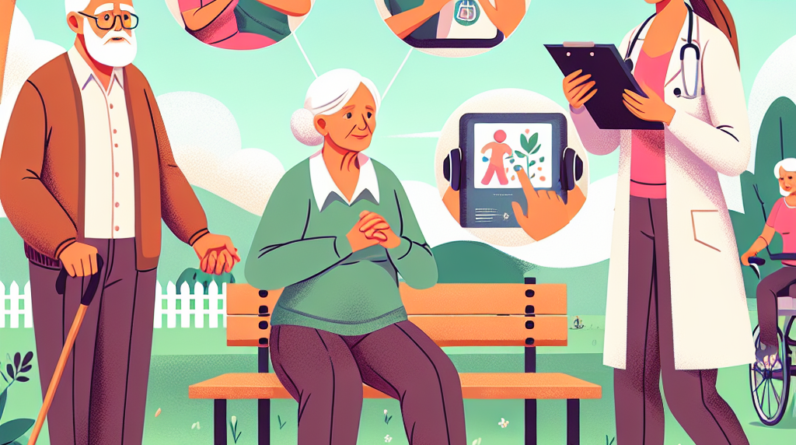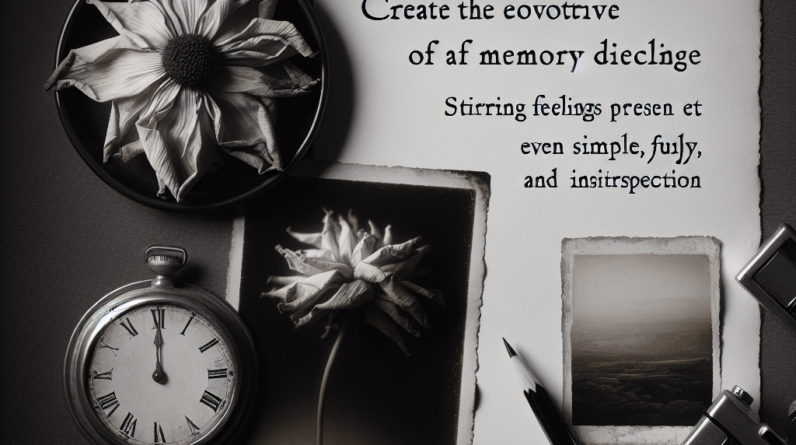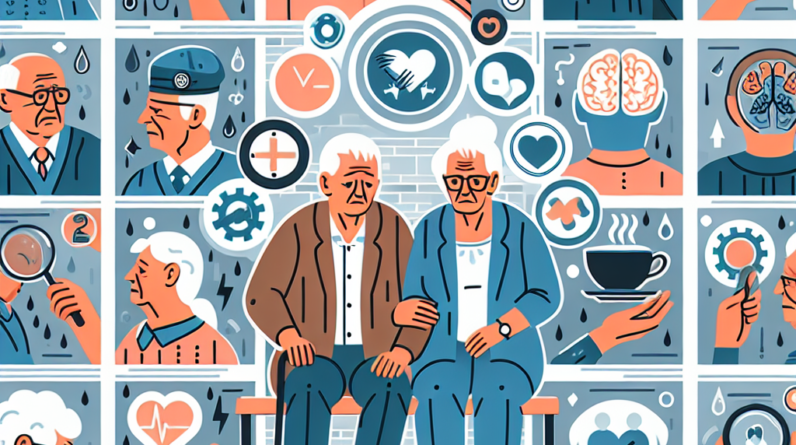
As we journey through the golden years, it’s important to prioritize our mental well-being just as much as our physical health. Aging can bring its own set of challenges when it comes to mental health, but with a few simple tips, we can ensure a happy and fulfilling life. From staying socially connected to engaging in regular physical activity, this article explores effective strategies for maintaining mental health in the elderly. Join us on this informative journey as we uncover the key to happiness and well-being in the later stages of life.
Physical Exercise

Importance of Physical Exercise
Physical exercise is a crucial component in maintaining overall well-being, especially for the elderly. Engaging in regular physical activity can bring about numerous benefits for both the body and mind. Physical exercise helps to improve cardiovascular health, strengthen muscles and bones, and enhance flexibility and balance. It also plays a vital role in managing weight, reducing the risk of chronic diseases, and improving overall quality of life. Furthermore, physical exercise has been shown to have a positive impact on mental health, boosting mood, reducing stress and anxiety, and enhancing cognitive function.
Types of Physical Exercise for the Elderly
When it comes to physical exercise for the elderly, it is important to choose activities that are safe and suitable for their individual needs and abilities. Some popular options include:
-
Aerobic exercises: Activities like brisk walking, swimming, dancing, and cycling are great for improving cardiovascular health and strengthening the heart, lungs, and muscles.
-
Strength training: Incorporating resistance exercises such as lifting weights, using resistance bands, or doing bodyweight exercises helps to increase muscle strength and maintain bone density.
-
Flexibility exercises: Stretching exercises like yoga, pilates, and tai chi can help improve flexibility, balance, and posture, reducing the risk of falls and improving overall mobility.
-
Balance exercises: Certain exercises, such as standing on one leg, heel-to-toe walk, or using balance boards, can help improve balance and stability, reducing the risk of falls and injuries.
It is important to consult with a healthcare professional before starting any new exercise regimen, especially if you have any underlying medical conditions or concerns.
Creating an Exercise Routine
To reap the full benefits of regular physical exercise, it is essential to establish a consistent exercise routine. Here are some tips to help you create an exercise routine that suits your needs:
-
Set realistic goals: Start by setting achievable goals based on your current fitness level and abilities. Gradually increase the duration and intensity of your exercises over time.
-
Choose activities you enjoy: Find physical activities that you enjoy doing, as this increases the likelihood of sticking to your routine. Whether it’s dancing, swimming, gardening, or playing a sport, make sure it brings you joy.
-
Mix it up: Incorporate a variety of exercises into your routine to keep things interesting and target different muscle groups. This also helps prevent boredom and reduces the risk of overuse injuries.
-
Make it social: Consider exercising with a friend or joining a group class. Exercising with others not only adds a social element but also provides motivation and accountability.
-
Listen to your body: Be mindful of any discomfort or pain during exercise. It is important to know your limits and modify or stop activities if necessary. Always warm up before and cool down after each exercise session.
Remember, it’s never too late to start exercising. Even small amounts of physical activity can have a positive impact on your overall health and well-being.
Benefits of Regular Exercise for Mental Health
Regular physical exercise is not only beneficial for the body but also plays a significant role in promoting mental health, particularly in the elderly. Here are some ways exercise can support mental well-being:
-
Boosts mood and reduces stress: Engaging in exercise releases endorphins, also known as “feel-good” hormones, which can help improve mood and reduce feelings of stress, anxiety, and depression.
-
Enhances cognitive function: Exercise has been shown to improve cognitive function and memory by stimulating the growth of new brain cells and enhancing blood flow to the brain. It can also reduce the risk of cognitive decline and conditions such as dementia.
-
Improves sleep quality: Regular exercise can lead to better quality sleep, promoting a more restful and rejuvenating night’s rest. Improved sleep has a positive impact on overall mental health and daytime functioning.
-
Increases self-esteem and confidence: Engaging in physical activity and achieving fitness goals can boost self-esteem and enhance a sense of accomplishment and confidence in one’s abilities.
-
Provides social interaction: Exercise offers opportunities for socialization, whether it’s through group classes, team sports, or outdoor activities. Social interaction can help combat feelings of loneliness and isolation, contributing to improved mental well-being.
In conclusion, regular physical exercise has numerous benefits for mental health in the elderly. By incorporating different types of exercises into a routine and prioritizing consistency, individuals can enhance their overall well-being and enjoy a better quality of life.








